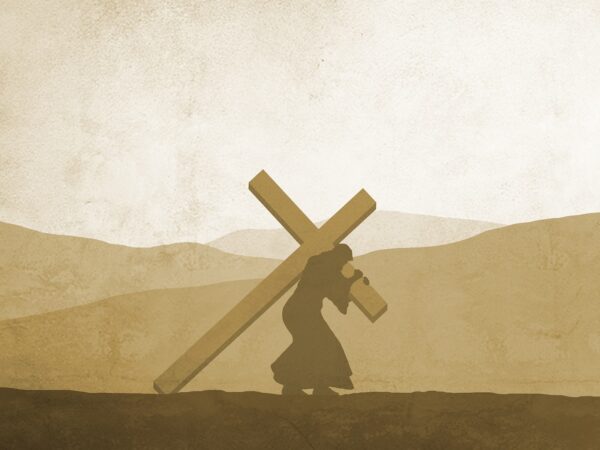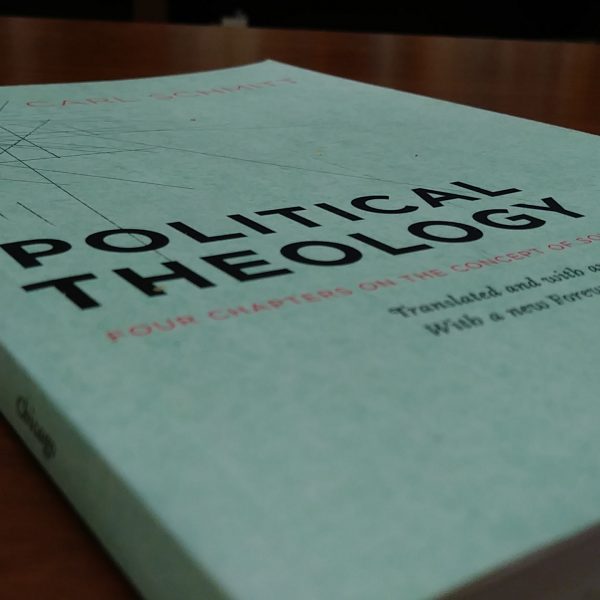
In a world of increasing anti-Jewish sentiments, we do well to note at whom Jesus points a finger. It’s not at Judaism, it’s at Rome.

Yet this “good news” – profoundly strange, even apparently morbid – promises that, in relinquishing our supereminent concern for the self, pursuing instead the way of peace and justice, we become so free that even a violent end may be an expression of an ultimately joyful reception of the gift of life – that is, it may be the way to save a life.

As literary works of speculative fiction, Octavia Butler’s Parable of the Sower (1993) and Parable of the Talents (1998) thrust us into an all-too-near future, offering a haunting perspective on what our world could entail by the year 2035. In 2024, however, Butler’s Parables are no longer mere imaginative forays into the future.

A political theology of the transfiguration of Jesus has to expose and transgress the elevation of whiteness as divine, as a norm and as something superior to multi-coloured local expressions of faith. It also calls us to celebrate the mystery of transfiguration as trans-figuration of the body ethic of Jesus and of all humanity.

As we enter a new election season with our polarized political communities occupying different epistemologies and worlds, it remains an open question what it will look like for us to cultivate a better politics. We are caught in a riptide, being pulled further apart with few resources at our disposal for anything other than the zero-sum game we’ve inherited. The Jonah story, however, offers a different kind of political imagination, where God confronts and offers grace to enemies by putting them into contact with one another. This multi-layered grace introduces moral complexity and political uncertainty, but it also opens the door to a world not entirely determined by scarcity and competition.






